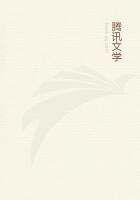Of other modern poets I have read some things of William Morris, like the "Life and Death of Jason," the "Story of Gudrun," and the "Trial of Guinevere," with a pleasure little less than passionate, and I have equally liked certain pieces of Dante Rossett I have had a high joy in some of the great minor poems of Emerson, where the goddess moves over Concord meadows with a gait that is Greek, and her sandalled tread expresses a high scorn of the india-rubber boots that the American muse so often gets about in.
The "Commemoration Ode" of Lowell has also been a source from which I drank something of the divine ecstasy of the poet's own exalted mood, and I would set this level with the 'Biglow Papers,' high above all his other work, and chief of the things this age of our country shall be remembered by. Holmes I always loved, and not for his wit alone, which is so obvious to liking, but for those rarer and richer strains of his in which he shows himself the lover of nature and the brother of men. The deep spiritual insight, the celestial music, and the brooding tenderness of Whittier have always taken me more than his fierier appeals and his civic virtues, though I do not underrate the value of these in his verse.
My acquaintance with these modern poets, and many I do not name because they are so many, has been continuous with their work, and my pleasure in it not inconstant if not equal. I have spoken before of Longfellow as one of my first passions, and I have never ceased to delight in him; but some of the very newest and youngest of our poets have given me thrills of happiness, for which life has become lastingly sweeter.
Long after I had thought never to read it--in fact when I was 'nel mezzo del cammin di nostra vita'--I read Milton's "Paradise Lost," and found in it a majestic beauty that justified to me the fame it wears, and eclipsed the worth of those lesser poems which I had ignorantly accounted his worthiest. In fact, it was one of the literary passions of the time I speak of, and it shared my devotion for the novels of Tourguenief and (shall I own it?) the romances of Cherbuliez. After all, it is best to be honest, and if it is not best, it is at least easiest; it involves the fewest embarrassing consequences; and if I confess the spell that the Revenge of Joseph Noirel cast upon me for a time, perhaps I shall be able to whisper the reader behind my hand that I have never yet read the "AEneid " of Virgil; the "Georgics," yes; but the "AEneid," no. Some time, however, I expect to read it and to like it immensely. That is often the case with things that I have held aloof from indefinitely.
One fact of my experience which the reader may, find interesting is that when I am writing steadily I have little relish for reading. I fancy, that reading is not merely a pastime when it is apparently the merest pastime, but that a certain measure of mind-stuff is used up in it, and that if you are using up all the mind stuff you have, much or little, in some other way, you do not read because you have not the mind-stuff for it. At any rate it is in this sort only that I can account for my failure to read a great deal during four years of the amplest quiet that I spent in the country at Belmont, whither we removed from Cambridge.
I had promised myself that in this quiet, now that I had given up reviewing, and wrote little or nothing in the magazine but my stories, I should again read purely for the pleasure of it, as I had in the early days before the critical purpose had qualified it with a bitter alloy.
But I found that not being forced to read a number of books each month, so that I might write about them, I did not read at all, comparatively speaking. To be sure I dawdled over a great many books that I had read before, and a number of memoirs and biographies, but I had no intense pleasure from reading in that time, and have no passions to record of it.
It may have been a period when no new thing happened in literature deeply to stir one's interest; I only state the fact concerning myself, and suggest the most plausible theory I can think of.
I wish also to note another incident, which may or may not have its psychological value. An important event of these years was a long sickness which kept me helpless some seven or eight weeks, when I was forced to read in order to pass the intolerable time. But in this misery I found that I could not read anything of a dramatic cast, whether in the form of plays or of novels. The mere sight of the printed page, broken up in dialogue, was anguish. Yet it was not the excitement of the fiction that I dreaded, for I consumed great numbers of narratives of travel, and was not in the least troubled by hairbreadth escapes, or shipwrecks, or perils from wild beasts or deadly serpents; it was the dramatic effect contrived by the playwright or novelist, and worked up to in the speech of his characters that I could not bear. I found a like impossible stress from the Sunday newspaper which a mistaken friend sent in to me, and which with its scare-headings, and artfully wrought sensations, had the effect of fiction, as in fact it largely was.
At the end of four years we went abroad again, and travel took away the appetite for reading as completely as writing did. I recall nothing read in that year in Europe which moved me, and I think I read very little, except the local histories of the Tuscan cities which I afterwards wrote of.

